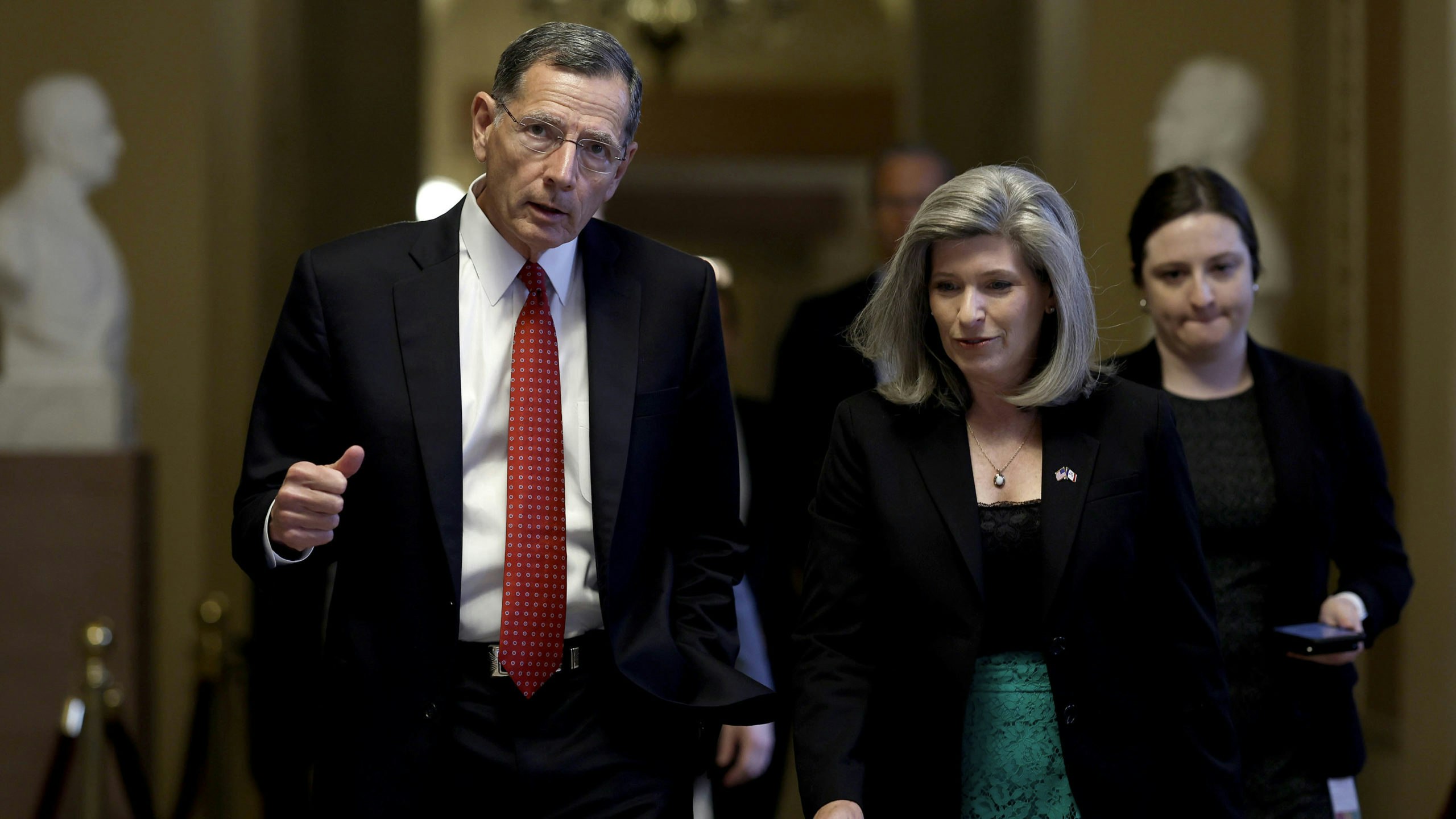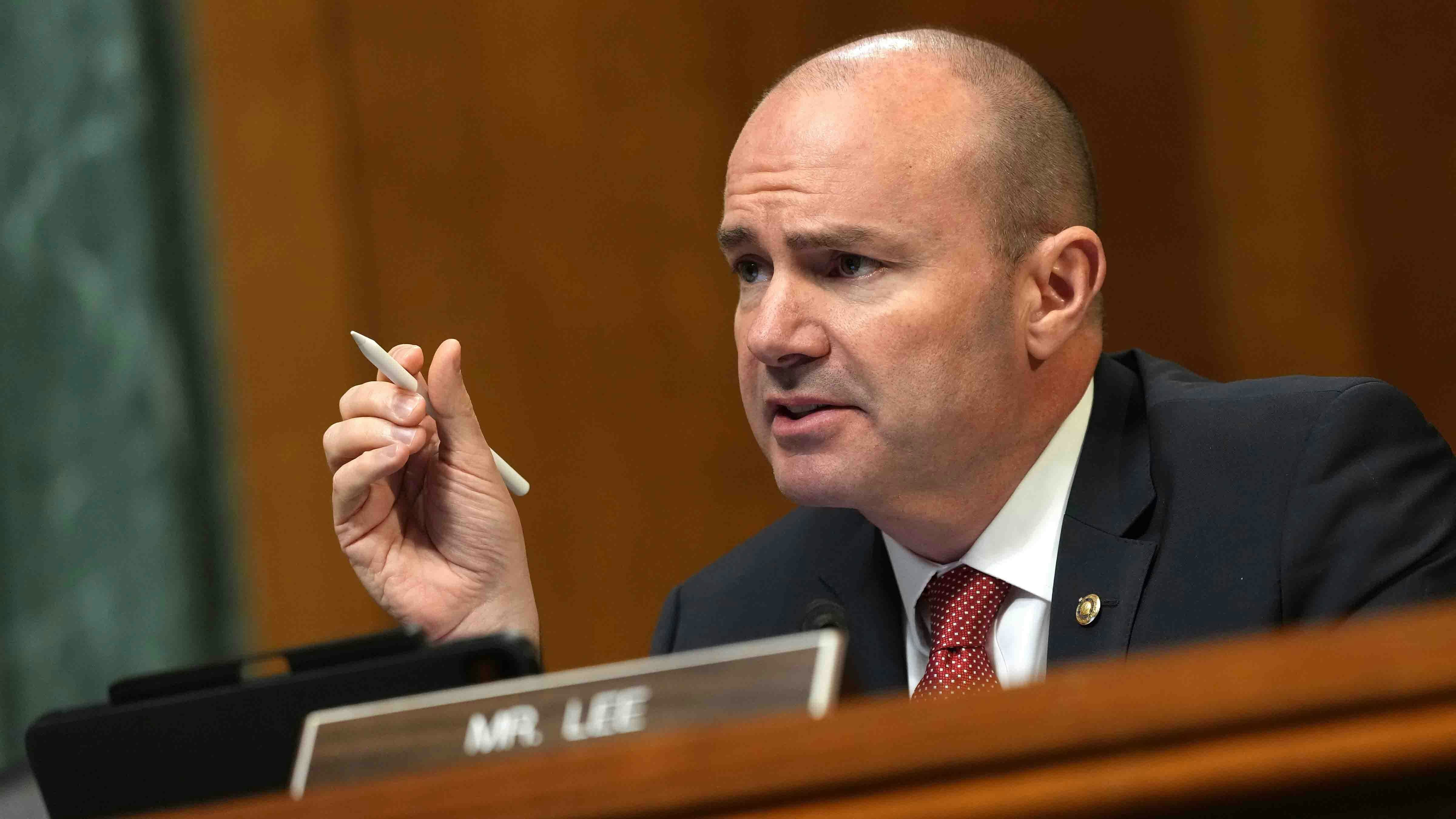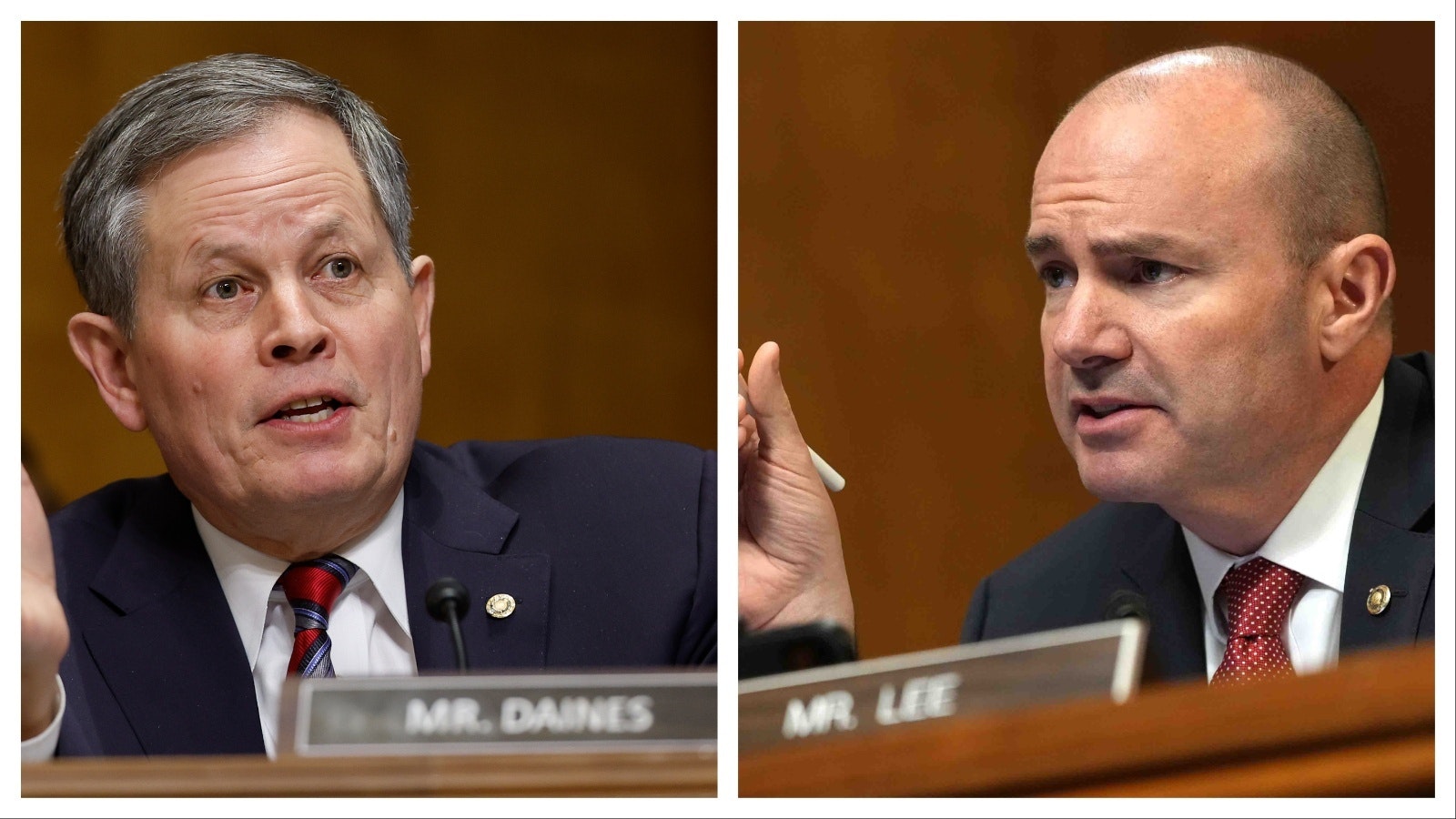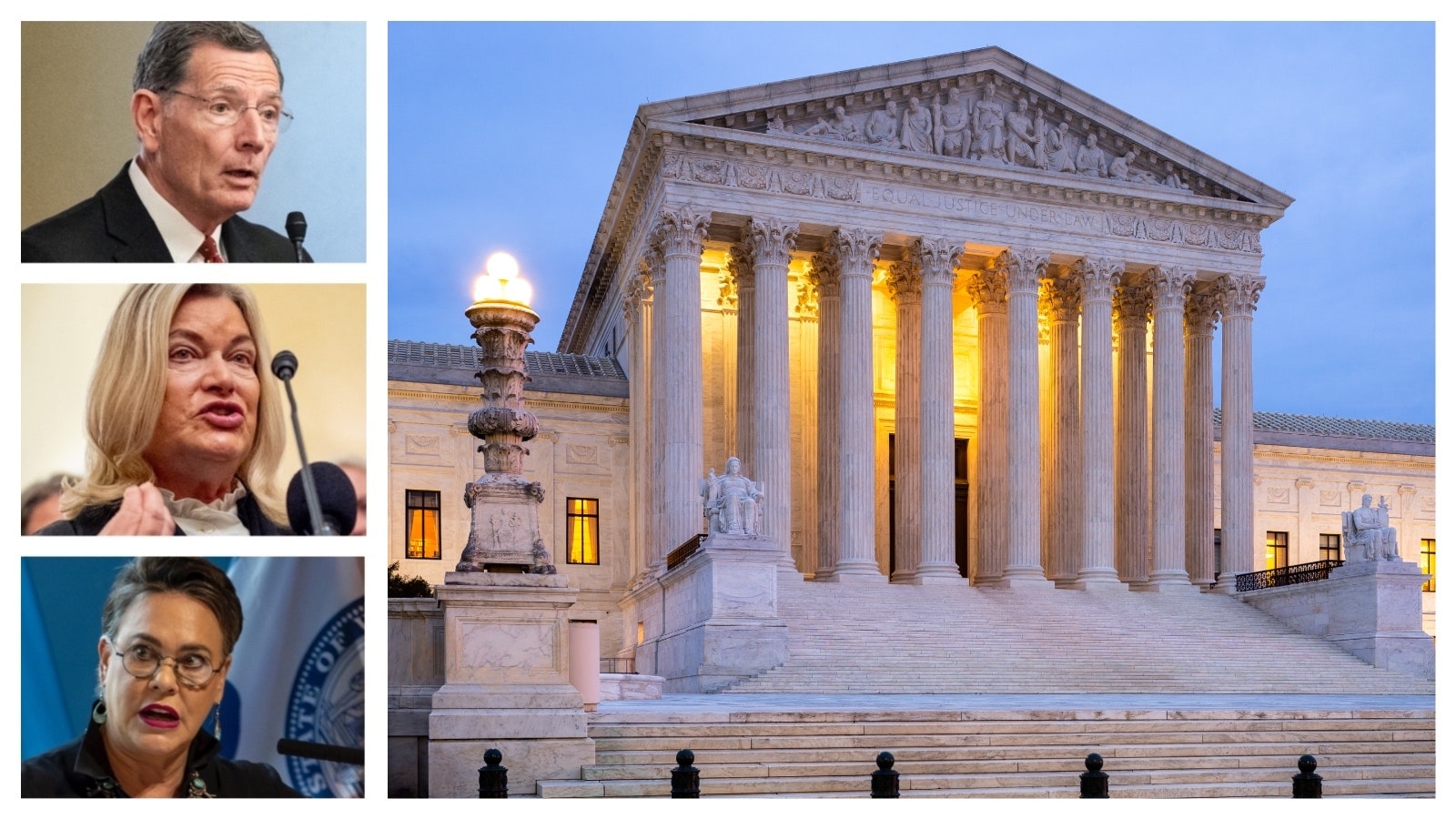U.S. Sen. John Barrasso believes polygraphs could play an important role in ensuring national security.
Barrasso and Sen. Roger Marshall, R-Kan, sponsored a bill that would require the U.S. Secretary of Energy to administer polygraph examinations to non-green card holding foreign nationals from countries of particular concern,. These nationals would have to pass a polygraph test before they would be allowed to work in Department of Energy national laboratories.
“The polygraph program will serve as a deterrent to foreign nationals with malevolent intentions,” Barrasso said in a press release. “It will also provide a tool to protect critical research and identify security threats.”
The bill also allows subsequent polygraph testing to be mandated for this same group under certain circumstances.
The countries of particular concern listed in the bill include China and Russia, two nations the U.S. has a tenuous relationship with.
“The groundbreaking research and technologies at America’s national labs must be safeguarded. All too often these highly sensitive materials have been compromised. They’ve been used to harm the United States, our allies, or our interests,” Barrassio said in the press release.
Over the last 15 years, there have been at least three major cyberattacks at federal labs.
As well intentioned as the polygraph program may be, polygraph machines, also known as lie detectors, can be cheated. But to do that, training must be undertaken, said British professor Don Grubin, in a 2018 BBC story.
“There’s no question that you can beat a polygraph test but you really need the training to do it,” said Grubin. “You see websites telling you how to, but the reality is if you just go in and take a polygraph while hoping to beat it then you’re not going to.”
Although the machines are designed to detect lies, they don’t spot them directly. Most machines measure the interviewee’s heart rate, breathing rate, and perspiration when responding to yes or no questions. The machines are roughly 80-90% accurate, much better than the 55% accuracy an average person usually has in their ability to detect lies; research suggests.
The bill was introduced in the Senate and referred to the Committee on Energy and Natural Resources.
During the 1950s, the CIA used polygraphs extensively to screen its pilots. The FBI, CIA and DEA still give polygraph tests to every person who’s considered for a job at those agencies.
In 2018, attorneys for Christine Blasey Ford released a copy of a polygraph test regarding her sexual assault allegation against then-Supreme Court nominee Brett Kavanaugh, concluding her claims were “not indicative of deception.” Claims later arose that Blasey Ford help train others for polygraph tests.
In 2020, the UK government announced it was going to increase the number of polygraphs used for monitoring offenders on probation.
In 1988, private employers in the U.S. were banned from giving polygraph tests to employees. In 1998, the Supreme Court ruled against the use of polygraphic evidence in some federal courts because “there is simply no consensus that polygraph evidence is reliable.”





